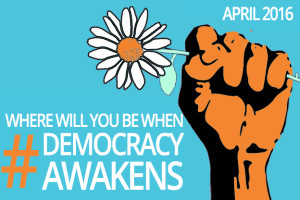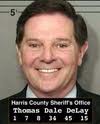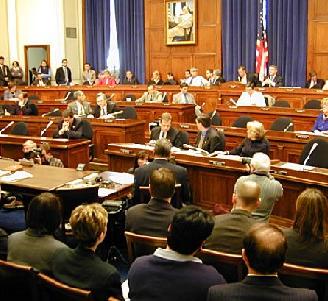 If you pay any attention to politics, you might often wonder if the decisions being made are really what people want. The answer is often no.
If you pay any attention to politics, you might often wonder if the decisions being made are really what people want. The answer is often no.
Wealthy donors, including corporations and individuals, are able to contribute unlimited money to super PACs (political action committees) to support or oppose candidates for elected office. Although this money is technically separate from donations directly to candidates, super PACs are clearly working in lock-step with candidates’ campaigns. On top of that, the Supreme Court ruling in Citizens United v. Federal Election Commission opened the door for unlimited spending on campaigns by political nonprofit organizations, which don’t have to disclose their donors. So, wealthy individuals and powerful business interests can secretly spend unlimited money on elections. And they are. This results in elected officials who are beholden to those wealthy donors, not the people. Does that sound like democracy?
In addition to the corrupting influence of money on politics, the basic right to vote is under constant attack. In 2013, the Supreme Court struck down a key provision of the Voting Rights Act, which required certain states, including Texas, to receive authorization from the federal government before changing how elections are conducted. That provision caused hundreds of proposed changes to be withdrawn or altered because the Justice Department was concerned that they may be discriminatory. Now, those states can enact potentially discriminatory elections laws and they much be challenged through the court system by those who are harmed. This adds expense and, much more importantly, results in the denying citizens their right to vote. Another major blow to democracy.
Enter Democracy Awakening. Over 200 organizations representing a broad array of interests – civil rights, the environment, labor, peace, students – are working together to bring national attention to the problems caused by the influence of money on politics and voter disenfranchisement. There will be a large rally and other events in Washington D.C. and supporting events in cities across the country on Sunday, April 17.
Austin Rally: Sunday, April 17 at 1 p.m. in the southwest corner of the Capitol grounds in Austin. There will be short speeches, music, tables with information and a march down Congress Ave.
Dallas Rally: Sunday, April 17 at 1 p.m. at the Reverchon Park Recreation Center (3505 Maple Ave). The event will include speeches, activities, tables with information and a march to Lee Park.
Regardless of what issue you care about most, the degradation of our democracy by denying voters their rights and allowing unlimited sums of money to determine political outcomes is a serious threat. I need look no further than my top priority, climate change, to see many examples of how money, not voters are determining policy decisions. A large majority of Americans want action to stop climate change, and yet Congress has failed to place limits or a tax on greenhouse gas emissions.
Please join us to rise up and defend our democracy by demanding reforms.
- Voting Rights Advancement Act (H.R. 2867, S. 1659)
- Voting Rights Advancement Act (H.R. 2867, S. 1659)
- Democracy For All Amendment (H.J.Res. 22, S.J.Res. 5)
- Government By the People Act/Fair Elections Now Act (H.R. 20 and S. 1538)
- Fair consideration of the nominee to fill the Supreme Court vacancy





 What’s the difference between the Pete Sessions / Allen Stanford scandal and Pretty Woman?
What’s the difference between the Pete Sessions / Allen Stanford scandal and Pretty Woman?

 Last week we saw the Waxman Markey bill go to the Energy and Commerce committee. Watching the markup process increased my interest in the role special interest money plays in the political process.
Last week we saw the Waxman Markey bill go to the Energy and Commerce committee. Watching the markup process increased my interest in the role special interest money plays in the political process.

